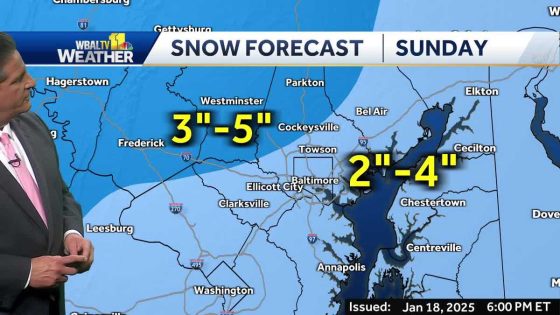The Brunswick County Sheriff’s Office is alerting residents about a new scam involving fake robo-texts from toll road collection services. These messages falsely claim that recipients owe unpaid fees and urge them to click on a suspicious link. This warning comes on February 4, 2025, as scammers continue to target unsuspecting individuals.
- Brunswick County warns of fake robo-texts
- Scammers pose as toll road collection services
- Do not click on unknown links
- FasTrak never texts for payments
- Report suspicious texts to authorities
- Toll payments via NC Quick Pass only
Have you received a strange text about toll fees? It’s crucial to stay informed and protect yourself from these scams.
Beware of Toll Road Scams: Protect Your Personal Information
Have you ever wondered how often scams like this occur? The recent alert from the Brunswick County Sheriff’s Office highlights the importance of vigilance. Scammers are becoming increasingly sophisticated, making it essential for everyone to recognize the signs of fraud.
How to Identify and Avoid Toll Road Scams
Scammers often use tactics that can easily deceive the unsuspecting. Here are some ways to identify and avoid these scams:
- Never click on links from unknown sources.
- Legitimate toll companies, like FasTrak, will not text you for payments.
- If you receive a suspicious text, simply delete it.
- For those who may have clicked a fraudulent link, report it immediately.
Recognizing the Signs of a Scam
Scams can be tricky, but knowing what to look for can help you stay safe. Common signs include:
- Urgent language demanding immediate payment.
- Requests for personal information or payment details.
- Links that lead to unknown websites.
- Unknown phone numbers or sender information.
Reporting Suspicious Activity: What to Do Next
If you encounter a suspicious text, take action. Reporting these scams helps protect others in your community. You can report scams at www.ncdoj.gov/complaint or call 1-877-5-NO-SCAM. Your vigilance can make a difference!
Stay informed and vigilant to protect yourself from scams. Remember, if something seems off, it’s always better to double-check than to risk your personal information.
































